Sociology
About this Collection
How do human societies constitute themselves? How do they interact with one another? How do they preserve and change themselves? The study of sociology is the exploration of these questions.
Key People
Titles & Essays
Quotes
War & Peace
Herbert Spencer argued that in a militant type of society the state would become more centralised and administrative, as compulsory education clearly showed (1882)
Natural Rights
Herbert Spencer concludes from his principle of equal freedom that individuals have the Right to Ignore the State (1851)
Origin of Government
Herbert Spencer makes a distinction between the “militant type of society” based upon violence and the “industrial type of society” based upon peaceful economic activity (1882)
The State
Herbert Spencer notes that traditionally the growth in government revenue has come about because of war (1882)
Class
Herbert Spencer observes that class structures emerge in societies as a result of war and violence (1882)
Society
Herbert Spencer on customs which are the result of human action but not of deliberate design (1876)
Property Rights
Herbert Spencer on human nature and the right to property (1851)
Liberty
Herbert Spencer on the prospects for liberty (1882)
Natural Rights
Herbert Spencer on the right of political and economic “dissenters” to have their different beliefs and practices respected by the state (1842)
Economics
Spencer on spontaneous order produced by “the beneficent working of social forces” (1879)
Parties & Elections
Spencer on voting as a poor instrument for protecting our rights to life, liberty, and property (1879)
Parties & Elections
Spencer on voting in elections as a screen behind which the wirepullers turn the sovereign people into a puppet (1882)
War & Peace
Sumner and the Conquest of the United States by Spain (1898)
Socialism & Interventionism
Sumner criticizes the competing vested interests and the role of legislators in the “new democratic State” (1887)
Economics
Sumner on the industrial system as an example of social co-operation (c. 1900)
The State
Sumner on the legalization of robbery by the State (1883)
Politics & Liberty
Tocqueville on centralization as the natural form of government for democracies (1835)
The State
Tocqueville on the absence of government in America (1835)
Presidents, Kings, Tyrants, & Despots
Tocqueville on the form of despotism the government would assume in democratic America (1840)
Politics & Liberty
Tocqueville on the spirit of association (1835)
War & Peace
William Graham Sumner denounced America’s war against Spain and thought that “war, debt, taxation, diplomacy, a grand governmental system, pomp, glory, a big army and navy, lavish expenditures, political jobbery” would result in imperialsm (1898)
Food & Drink
William Graham Sumner on how “society” helps the drunkard in the gutter (1883)
Class
William Graham Sumner on the political corruption which is “jobbery” (1884)
War & Peace
William Graham Sumner on the racism which lies behind Imperialism (1898)
Taxation
William Graham Sumner reminds us never to forget the “Forgotten Man”, the ordinary working man and woman who pays the taxes and suffers under government regulation (1883)



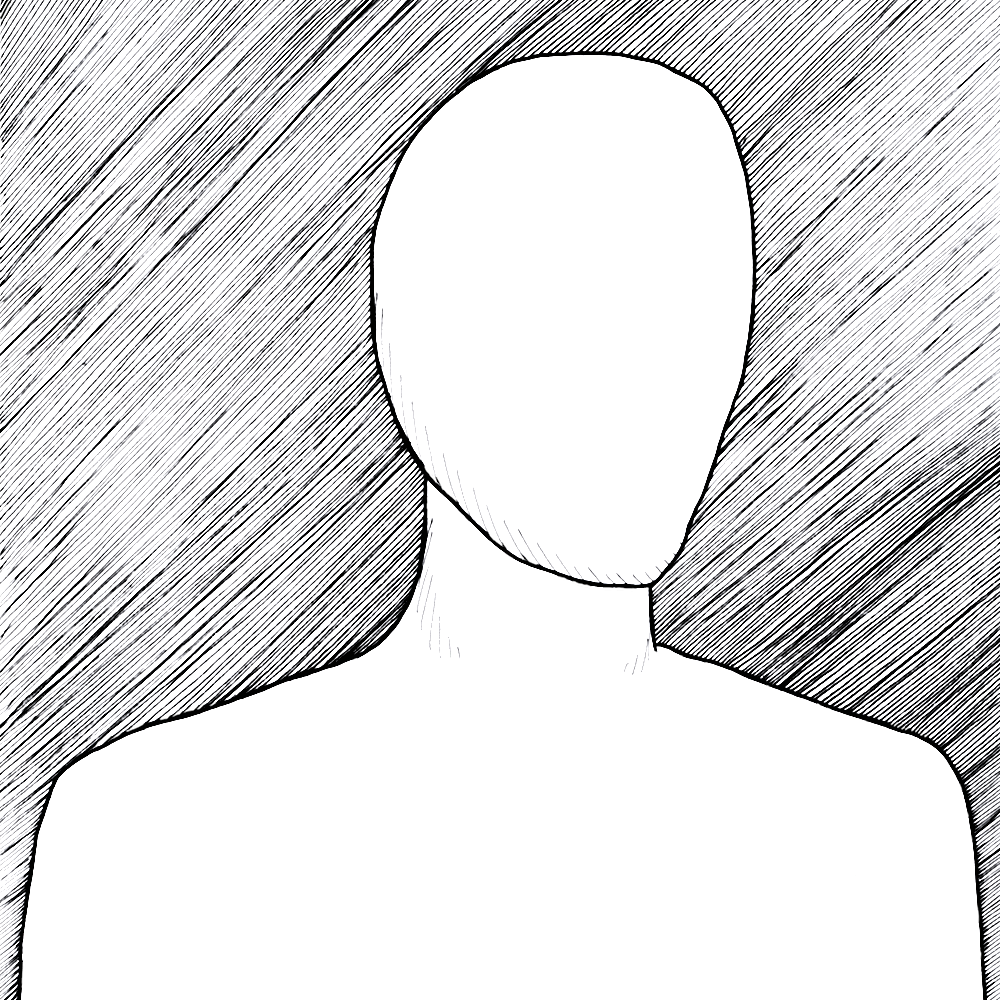
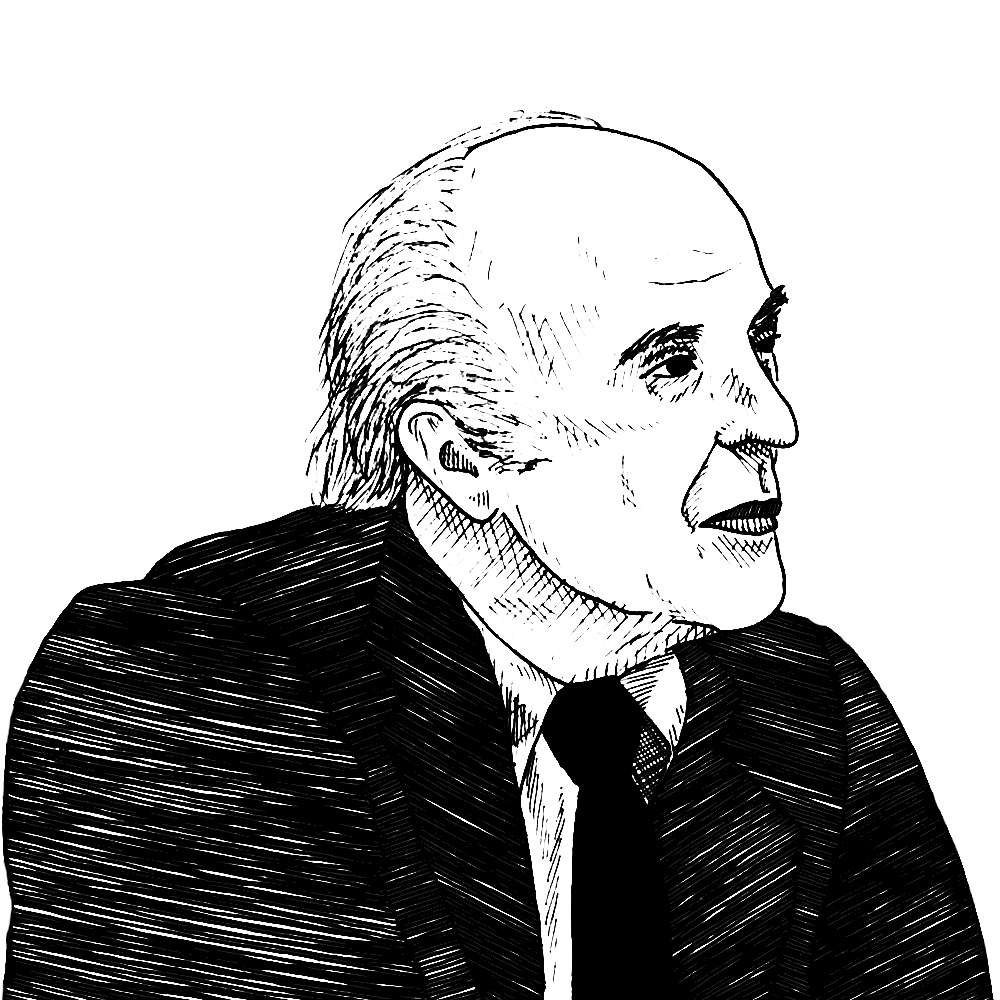
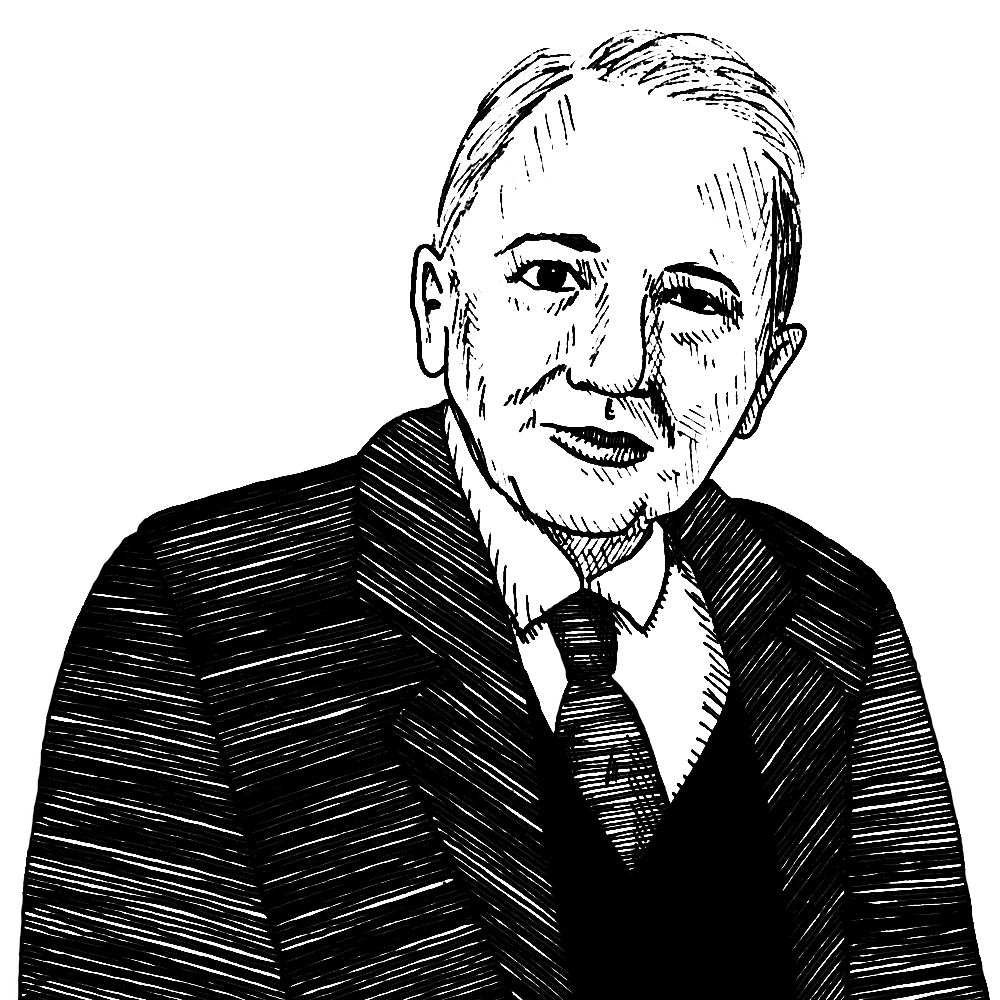



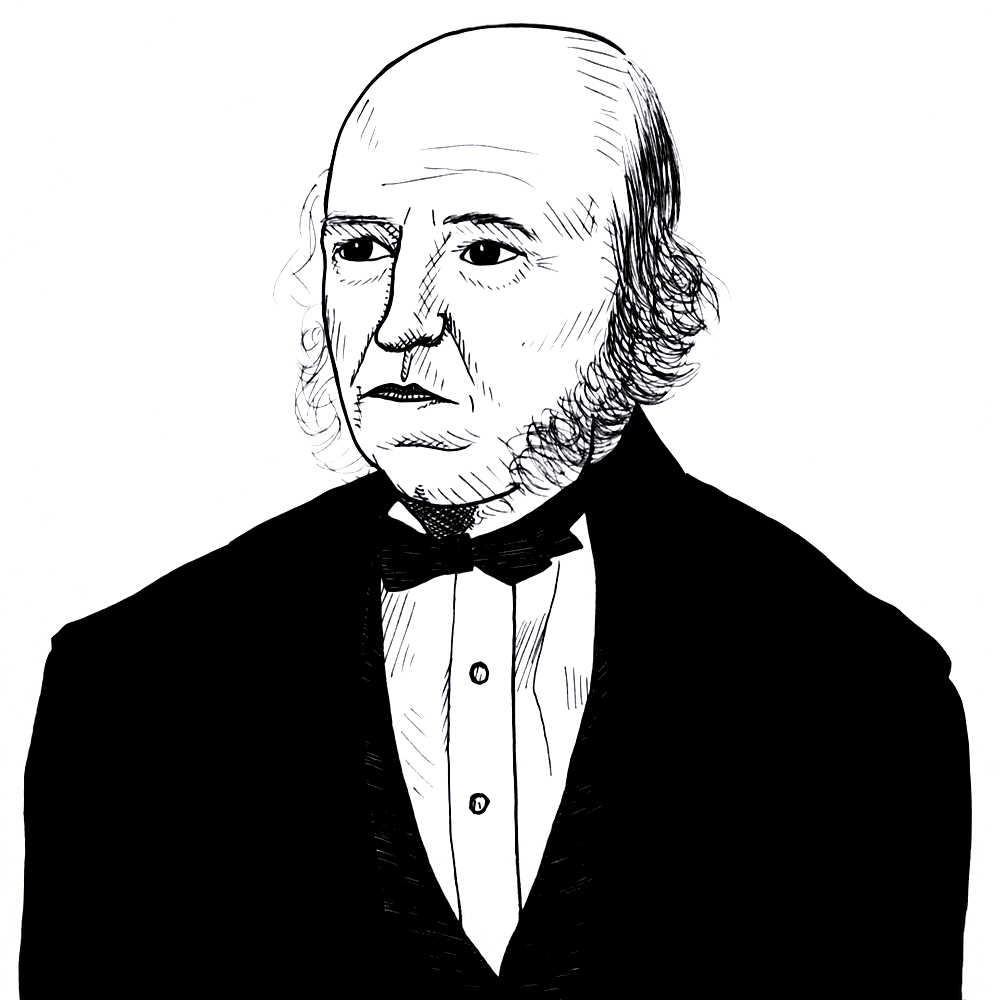
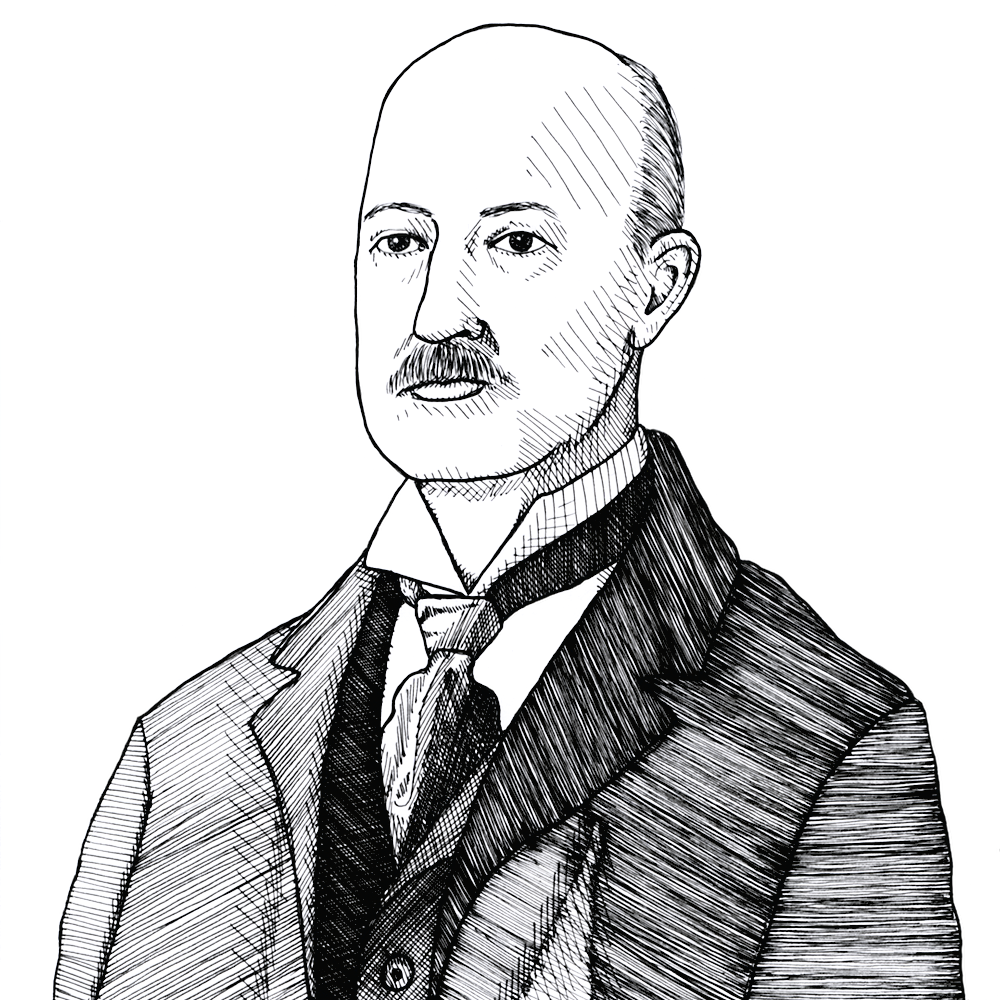
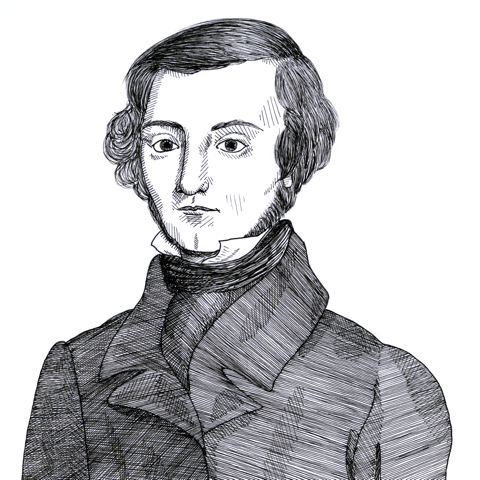

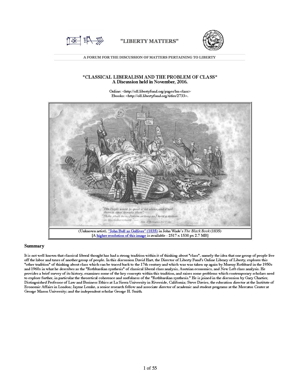
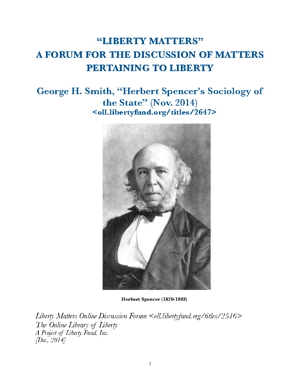
Social History And Conditions. Social Problems. Social Reform